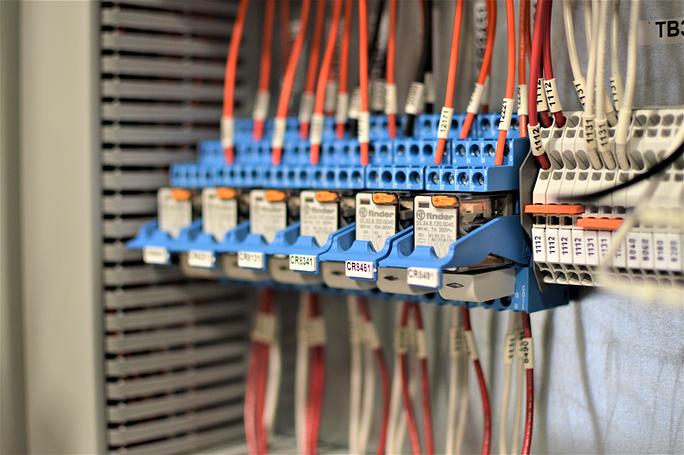Powering Efficiency: Unveiling the Benefits of Industrial Relays In the intricate world of industrial automation, reliability and precision are paramount. Industrial relays, often unsung heroes, play a critical role in controlling and switching electrical circuits, offering a multitude of benefits that contribute to seamless operations and enhanced safety. From simple on/off switching to complex logic control, these versatile devices are essential components in a wide range of applications. One of the primary advantages of industrial relays is their ability to isolate control circuits from high-power loads. This isolation is crucial for protecting sensitive electronic components from damage caused by voltage spikes or surges. By using a low-voltage control signal to switch a high-voltage circuit, relays provide a safe and reliable interface between different parts of an electrical system. This separation also minimizes the risk of electrical noise interference, ensuring accurate and consistent signal transmission. Industrial relays offer exceptional flexibility in circuit design and control. Their modular nature allows for easy customization and adaptation to specific application requirements. Relays can be configured to perform various functions, such as time delay, latching, and logic operations, enabling complex control sequences to be implemented with ease. This versatility makes them suitable for a wide range of industrial applications, including motor control, lighting systems, and process automation. Reliability is a hallmark of industrial relays. Designed for demanding environments, these devices are built to withstand harsh conditions, including vibration, temperature extremes, and electrical noise. Their robust construction and high-quality materials ensure long-term performance and minimal maintenance requirements. This reliability is crucial in industrial settings where downtime can be costly and disruptive. Industrial relays also enhance safety by providing a reliable means of emergency shutdown. In critical applications, such as safety circuits or emergency stop systems, relays can quickly and reliably interrupt power to prevent accidents or equipment damage. Their ability to handle high currents and voltages makes them ideal for these safety-critical applications. Furthermore, the visual indication of relay status, often provided by LED indicators, allows for quick identification of system faults. Finally, the cost-effectiveness of industrial relays makes them an attractive solution for many industrial applications. Compared to more complex electronic control systems, relays are relatively inexpensive and easy to install. Their long lifespan and minimal maintenance requirements further contribute to their overall cost-effectiveness. By providing reliable and efficient control, industrial relays play a vital role in optimizing industrial processes and enhancing productivity.
The Benefits of Using Industrial Relays
Industrial relays offer benefits like isolation, flexibility, reliability, enhanced safety, and cost-effectiveness for controlling and switching electrical circuits in industrial settings.

